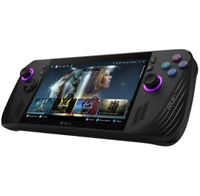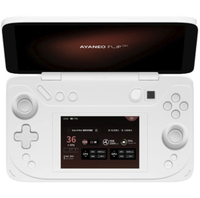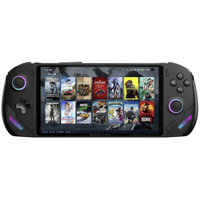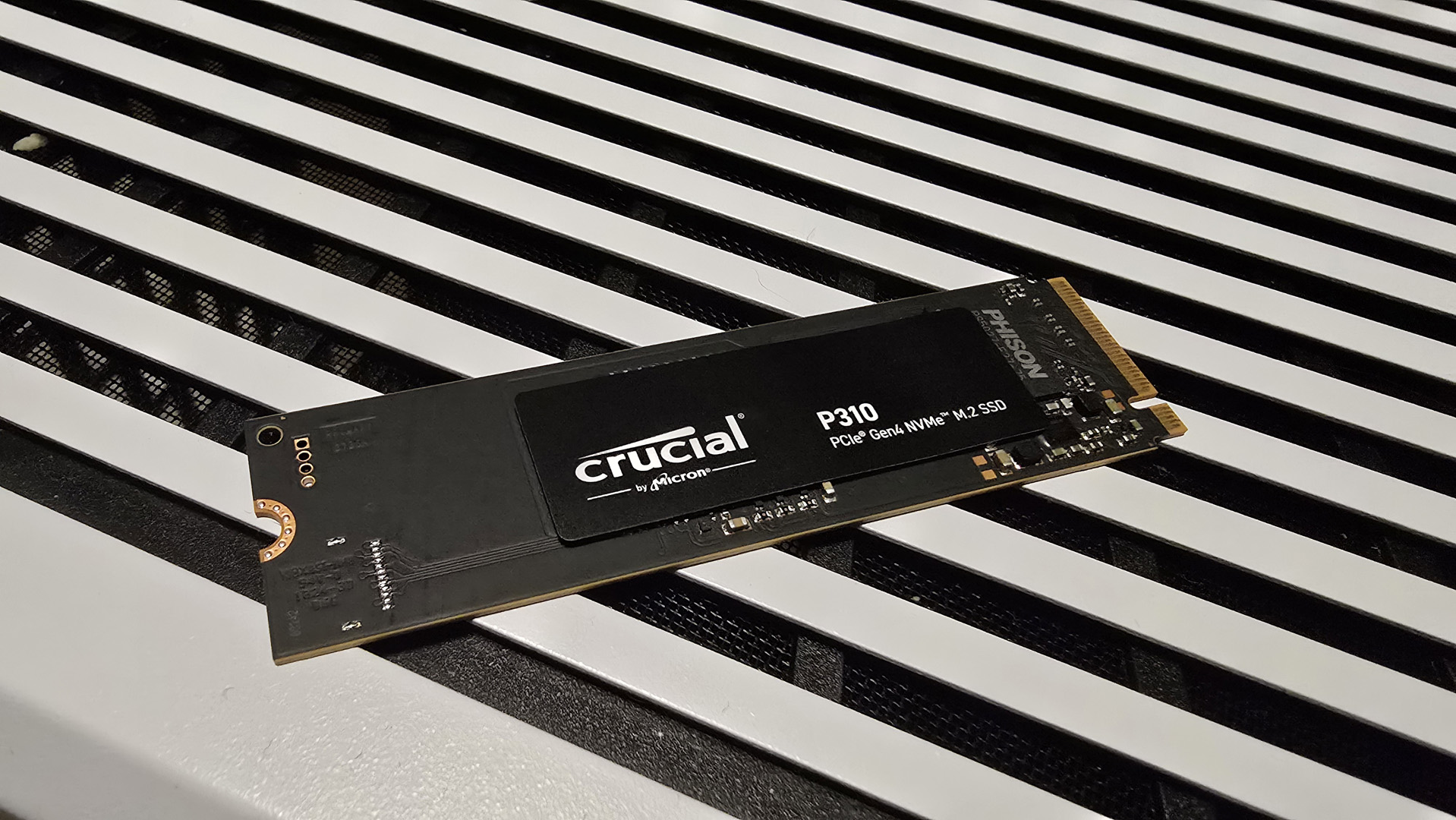PC Gamer Hardware Awards: The best gaming handheld of 2024
The handheld market is way more than just the Steam Deck, with stunning little PC consoles from all over delighting both our hands and eyeballs.
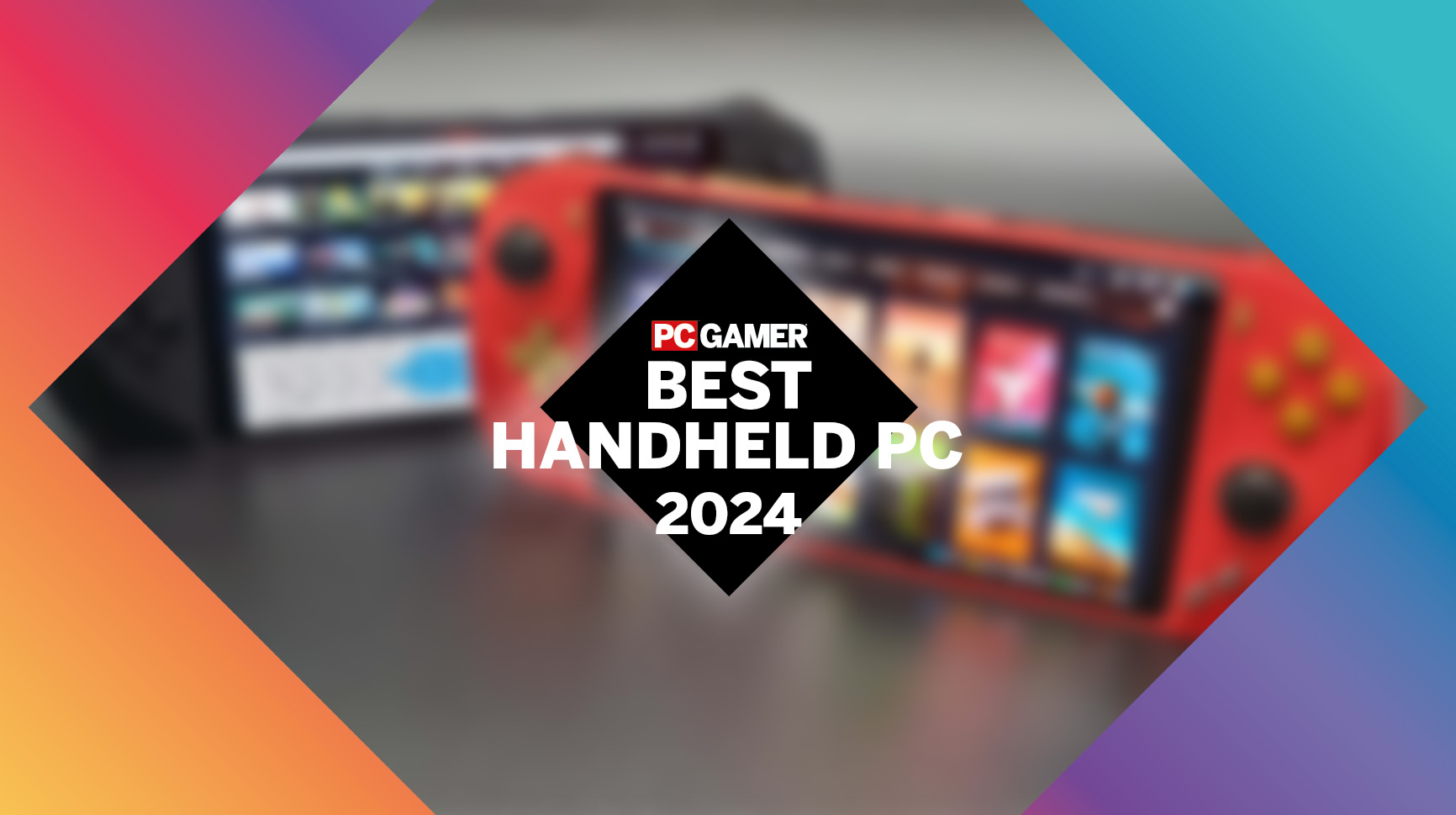
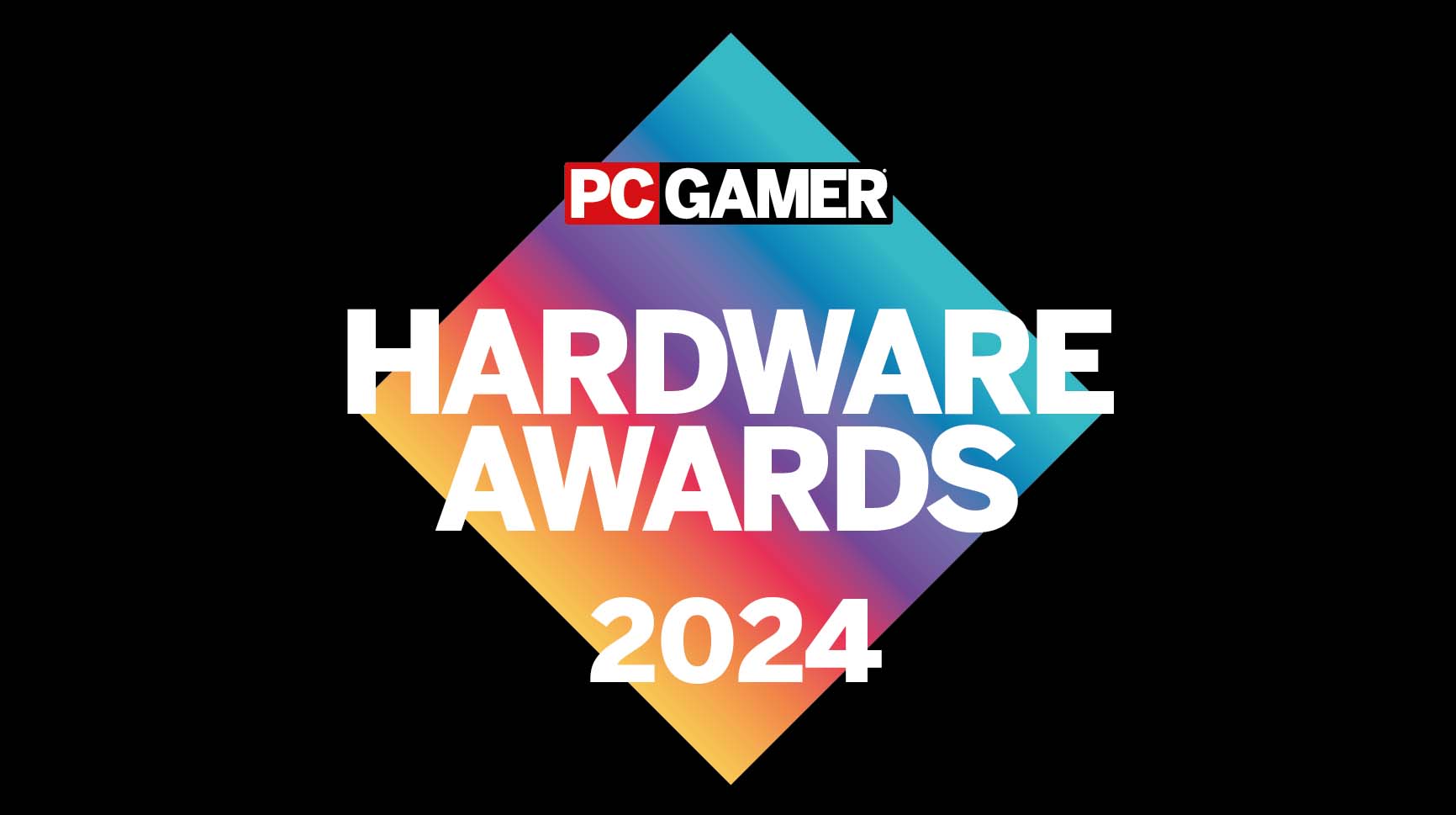
Check out more of the year's best tech in our PC Gamer Hardware Awards 2024 coverage.
It would be tempting to assume that, massive PC gaming corp. that it is, Valve would have the entire handheld gaming PC market sewn up. It's got the affordable end dealt with by the older LCD-screened Steam Deck and the more recent Steam Deck OLED version is getting new colourways to make it ever more desirous without being too much more expensive.
But I've been hugely impressed with the level of innovation that we've seen around the still burgeoning handheld market, with Ayaneo arguably the kings and queens of wrapping essentially the same hardware as everyone else up in fascinating new ways. I would also suggest it's managed to make the best of the struggles with Windows 11 as the de facto operating system for most non-Valve handhelds, too.
With the little and large of handhelds, in the Flip DS and Kun, Ayaneo has certainly been a busy ol' bee this year.
Asus has been the comeback kid, however, rejuvenating its ROG Ally console with a mid-season ROG Ally X refresh which fixed all the old problems and gave it a battery life that is the envy of every other handheld around. And it looks damned good in black, too.
A host of other companies have tried to get into the market, to greater or lesser success, with the likes of Lenovo and Zotac being two of the most prominent new entries. Though MSI has come through, too, attempting to fly the flag for Intel. Poor, poor Intel. Though we are more excited about a potential Lunar Lake handheld in the coming year.
But, right at the tail end of the year we've had our hands on the most powerful handheld PC we've ever tested, the OneXFly F1 Pro with its Ryzen AI 9 HX 370 chip. That's been a big of a game-changer in terms of gaming frame rates on the go, though it's not without its flaws, too.
So, here are the nominees. We'll announce the winner on New Year's Eve.
Best gaming handheld 2024: the nominees
Asus ROG Ally X
This is a comeback of almost Cyberpunk 2077 proportions. Okay, so maybe the original ROG Ally was better received out of the gate, but it did start to present some serious problems once people started using their device in anger. Serious, broken SD card problems.
The Ally X has been brought in as a mid-season refresh for the device, bringing a host of little changes to the handheld PC that all amount to a really big difference.
Of course the b0rked SD card slot has been fixed, but you also get a much bigger battery, a whole lot more memory, and more standardisation over the 1 TB 2280 SSD and the use of a normal USB4 connection instead of the proprietary XGMobile.
The fixes and updates Asus has jammed into the Ally X show how much the company has listened to the feedback around its first handheld PC and taken it to heart. And then produced the finest all-round handheld PC you can buy, and done so at a decent price.
Read our full Asus ROG Ally X review.
Ayaneo Flip DS
Isn't she pretty? But it isn't just all about the looks, because the Flip DS is far more than just an homage to the classic clamshell Nintendo DS design. Of course the insides are all very familiar, and so is the performance. We are talking about essentially the same Ryzen silicon we've seen in every post-Steam Deck handheld launched.
But what isn't familiar is that second screen baked into its base, and the flip-open lid that means you no longer have to worry about a screen protector and/or a carry case. This thing is small enough, and robust enough, that just tossing it into your bag is all the preparation you need for travelling with it.
And that second screen is immensely useful, either as a touchscreen keyboard, or for keeping tabs on your device's vitals, or for simply using like a standard second monitor for your PC. It really makes using a handheld on Windows a pleasure rather than a chore.
Read our full Ayaneo Flip DS review.
OneXFly F1 Pro
The original OneXFly was one of my favourite small form factor gaming handhelds from the first flush of Ryzen 7 7840U-powered devices. Now it's back, with the most mobile powerful AMD chip available today, making it one of the most desirable handhelds around.
The use of the Ryzen AI 9 HX 370 is undoubtedly the part that's causing the biggest stir, as the first handheld to be released sporting the AMD silicon. But OneXPlayer has also given it a bit of a spruce up elsewhere, too, giving it a mega-bright 1080p, 144 Hz OLED display to put a bow on top of the beautifully designed package.
When propped up by the twin pillars of upscaling and frame generation, the F1 Pro is able to deliver stellar gaming performance, beyond that of its contemporaries, at just 15 W. Which is good, because the 48.5 Wh battery is its biggest disappointment. As is its sky-high pricing.
Read our full OneXFly F1 Pro review.
The winner of the PC Gamer Hardware Award for the best gaming handheld will be announced on New Year's Eve. It's all to play for, and any one of these three is completely deserving of the crown.

Dave has been gaming since the days of Zaxxon and Lady Bug on the Colecovision, and code books for the Commodore Vic 20 (Death Race 2000!). He built his first gaming PC at the tender age of 16, and finally finished bug-fixing the Cyrix-based system around a year later. When he dropped it out of the window. He first started writing for Official PlayStation Magazine and Xbox World many decades ago, then moved onto PC Format full-time, then PC Gamer, TechRadar, and T3 among others. Now he's back, writing about the nightmarish graphics card market, CPUs with more cores than sense, gaming laptops hotter than the sun, and SSDs more capacious than a Cybertruck.
